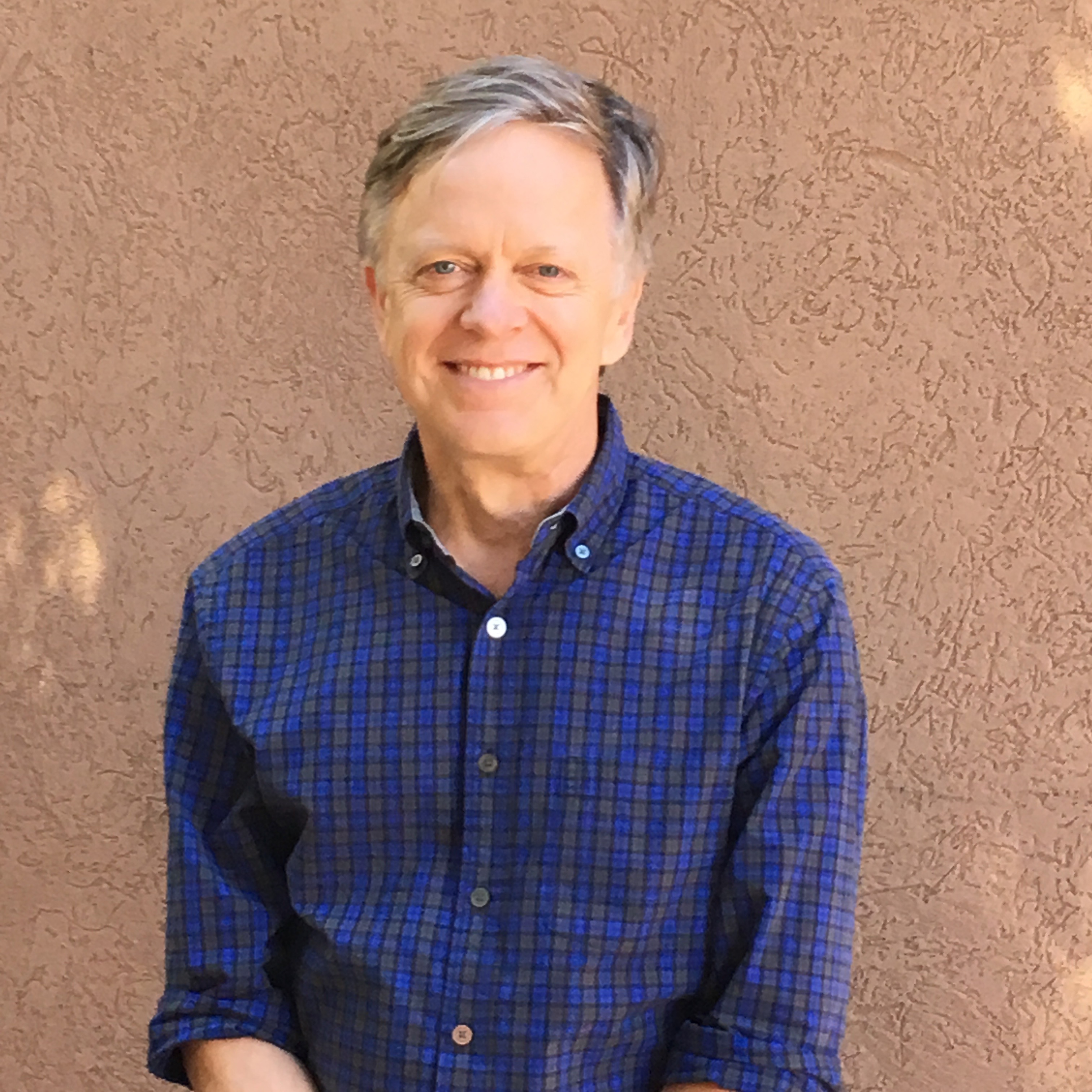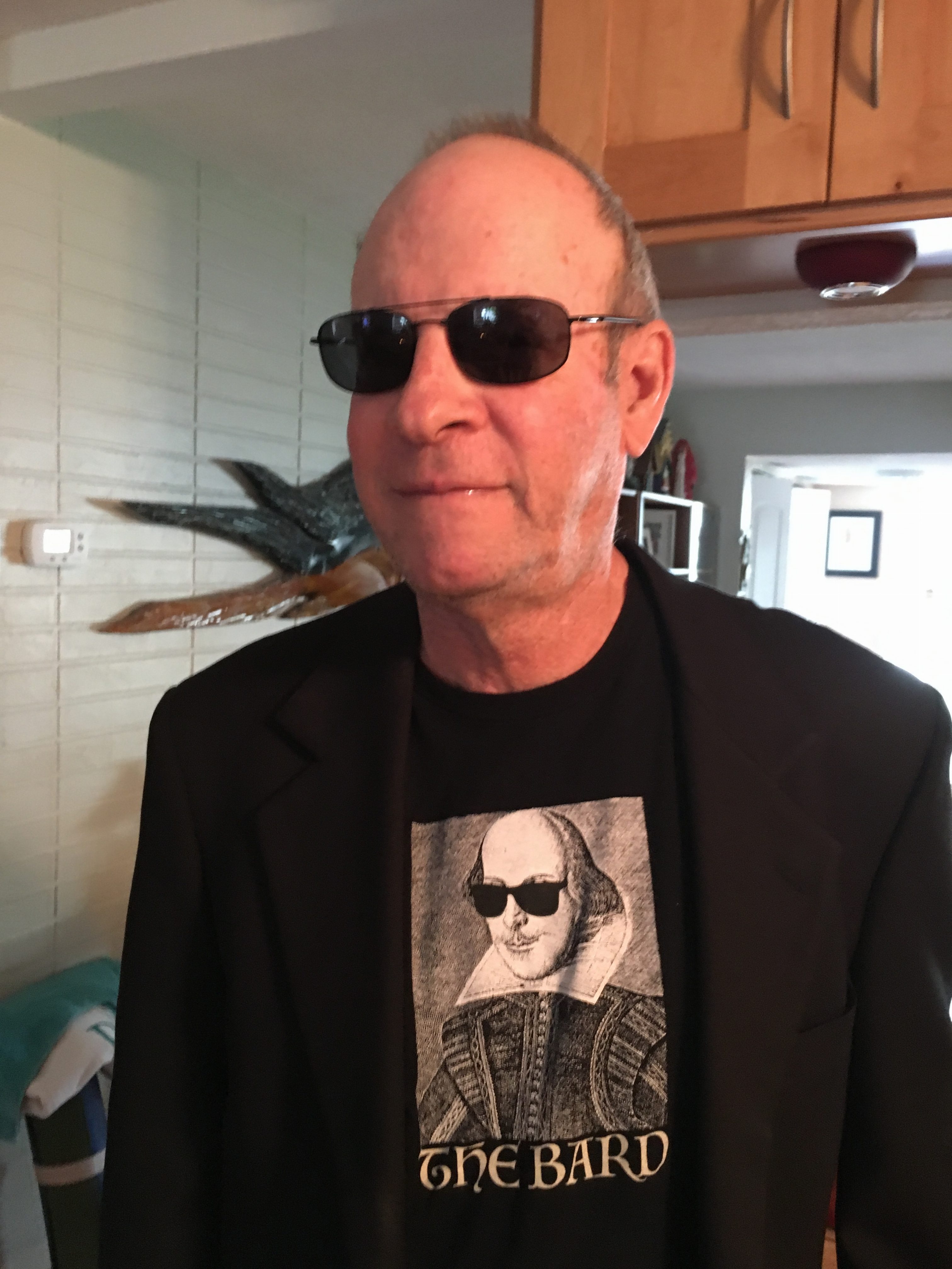By Brendan O’Meara
It’s not The Creative Nonfiction Podcast, but it’s a micropod I do with a pretty slick app called SpareMin.
Check it.
TRANSCRIPT
BO: I’ve got Andrew Mueller on the line. He’s a writer and teacher based out of Eugene, Oregon. I know Andy because he’s in a writing group I’ve been recently invited to, which has been a lot of fun to share craft, and stories, and feedback. It really helps everyone level up. And Andy recently shared a story that I want to dive into the process for it. So, Andy, how did you come to the story that you shared with us and what was the itch that that story was scratching when you started crafting it.
AM: You want me to talk about the specific story? Or just writing stories in general?
BO: Tell you what, let’s do just writing stories in general then maybe we can scratch the surface of the one you’ve been workshopping.
AM: I would say that the first idea for a story usually has to be something based on something that I know or something that I’ve heard. So either a really interesting person that I met or a a fascinating situation that I heard about or a feeling or a dilemma I know personally. And if it’s a fictional story, for the first draft, and take that a couple steps further, raise the stakes a little bit either by tweaking the characters, tweaking the setting, tweaking the situation a little bit and ratchet up the tension a little bit. And so, for instance, for this story, the original situation I had where this priest or pastor who’s confronted with this guy sending thinly veiled love poems to the entire church staff, that is something that I heard had happened back home in Chicago. I took that and I ran with it.
BO: You’ve got your antennae tuned to these things going on around you that you look to mold into stories. How do you go about documenting that? Do you carry a notebook with you? Or do you put a pin in it in your head and you run home and scribble out something so you don’t forget it. How do you approach that?
AM: Yeah, I’ve tried carrying around a notebook and writing down things regularly, that usually doesn’t work for me. I think the practice I’ve gotten into of writing, even if it’s just 30 minutes each day, that comes out. So if I’m, if something happens that day, something I’ve been thinking about, I have to have that 30 minutes of writing of ideas. It probably does end up being like a daily journal of interesting things that happened that day just because I’m forced to sit down and write it regularly.
BO: And what would you say your daily routine around your creative work is? How do you warm up that engine and ensure that you’re generating some degree or pages or words, however you measure success? How do you approach that each day?
AM: I have to usually plan it out. So I get my planner our and plan from 6 p.m. to 7 p.m. Usually later than that. I usually do it in the evening. Unless I plan those hours our, writing it down makes it set in stone for me, like it’s out of my hands and I can’t choose whether or not I want to do it because it’s written in the planner. As weird as that sounds.
BO: That’s really brilliant. I have my most productive days when I take the approach of the Ben Franklin daily planner.
AM: Yeah, yeah, yeah, yeah.
BO: How he just kind he lays it out hour by hour. I think of it like a budget. Money, you want to assign every dollar bill a job in your budget whatever it is. I think of time that same way. I’m going to assign these hours to a certain job whatever that’s going to be and I find that even if it’s just 30 minutes. If you say that 30 minutes is writing time, or reading time, you can get surprisingly big chunk of volume done in that amount of time if you just do it with focus, like you said, put it in stone. It holds you accountable.
AM: Exactly, I think, too, it’s important to block out that time, especially the first part, getting into it can be so difficult. You take 15 or 20 minutes of writing little bits and stopping and struggling and wanting to quit. If you just sit there for long enough with the page in front of you, all of a sudden you’ll find yourself in the middle of writing something that’s interesting and you’re really into it. I think setting aside that time and actually writing it down and making yourself accountable is so important for me. That’s the trick that works.
BO: A lot of people complain that if they want to write, they don’t have enough time, and usually that means they haven’t prioritized enough time to do it. It doesn’t take much. You can still call yourself a writer if you’re doing 10 or 20 minutes every other day. But as long as you make it a point and …. since you teach at the U of O, right?
AM: Right, right.
BO: You’ve got a lot of responsibility there, so how do you make that time to make sure you’re doing stuff that’s creatively fulfilling for you?
AM: It’s actually interesting. Teaching is one of those things, I don’t know if most other jobs are like this. I’ve only had teach jobs. Teaching is one of those things that will take as much time as you allow it. Even planning out time for that and saying, ‘Okay, I’m going to spend an hour on this lesson plan and no more.’ If it takes longer than that then I’m just going to have to have an incomplete lesson for the day. I have to get to my writing. I think especially for teachers and for people who are teaching it can seem like the writing is not as important and fall by the wayside because you have 60 students that are going to be sitting in a classroom waiting for you to teach them something the next day which is a more anxiety producing prospect than not having your pages for the day. It comes back to that planning and setting limits. I’m going to grade for two hours and however much grading gets done that’s it. If I told them it’d probably be done by this weekend, they’re not gonna get done because I have to keep my sanity and I have to live the rest of my life. Because if you don’t do that teaching will take all of your time.
BO: And what would you say, and this will be the last question before I let you get outta here for this Round 1, because I think it’d be fun to maybe once a month have you on and let’s check in and see how things are going.
AM: That’d be terrific.
BO: Have recurring guests. This could be cool. As a writer, what’s your proudest moment as a writer to date?
AM: Ooo, proudest moment as a writer to date…huh..I would say…
BO: It could be a published thing. It could be a pat on the back from someone you truly admire who said, ‘Yeah, you’re in the club kid.’ It could be anything that your artistic delusions that we all have aren’t totally lunatic. Something validating, something that fed you in a good way.
AM: Okay, I don’t know if this directly related to my creative work, but when I was in undergrad, I was an English major and in my school they gave out a couple of awards at the end of the year, the top two graduating English majors as decided by the faculty. I won one of those awards at the end of the year and that was incredibly validating not only because I knew it was stiff competition and related to my reading and my writing ability. But that the faculty had chosen it. The professors I had worked with had looked at all those names and chosen me out of all of them. I’d say that was in general validating for my language skills. That’s still something I think about today and feel really good about..
BO: Fantastic, well, Andy Mueller is a writer and teacher in Eugene, OR, and thank you so much for coming on the Book Show, Andy. This is what I hope to be the first of many conversations we have through the app here. Thank you for your time.
AM: It was good to be here.

